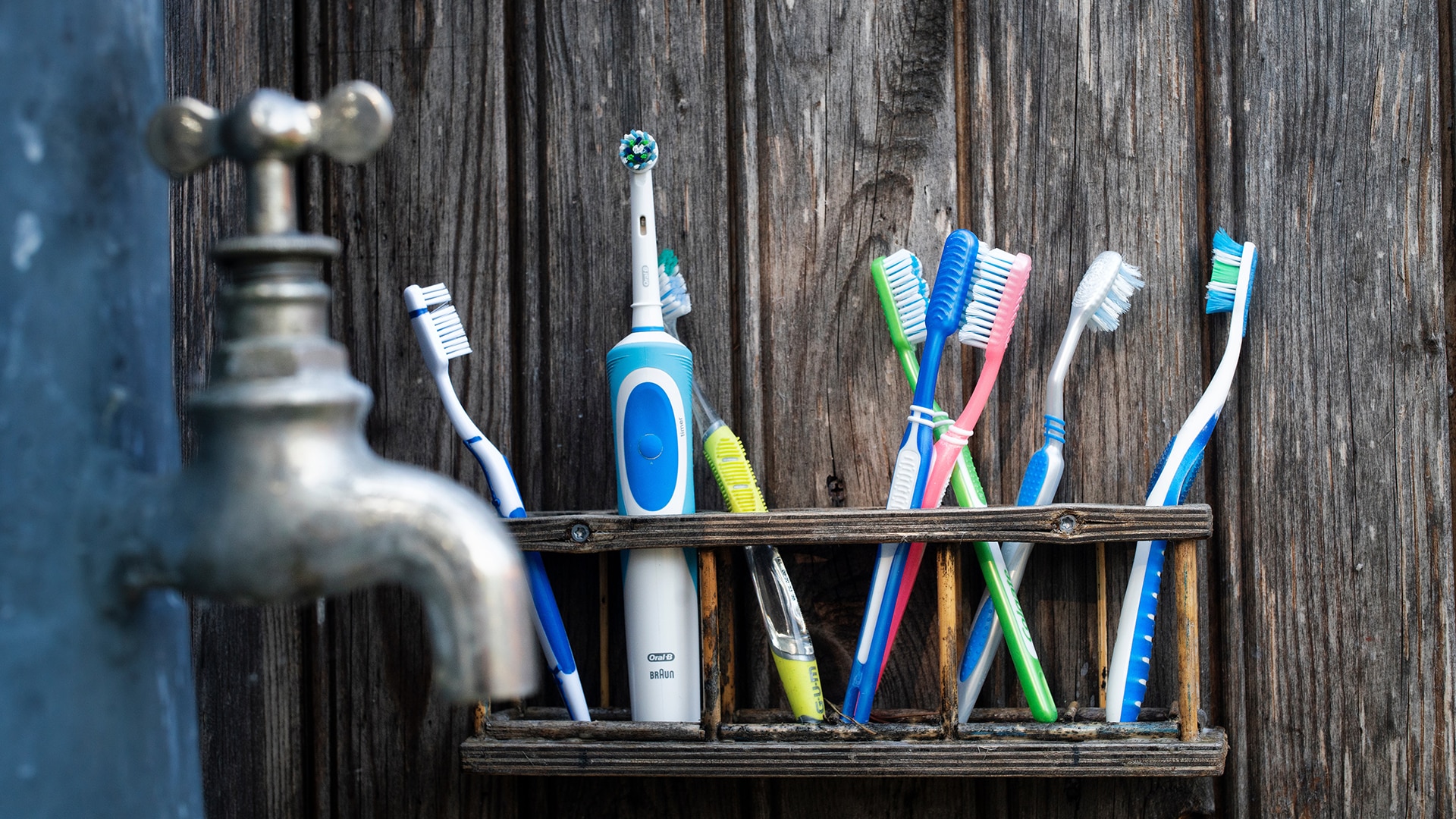
Are Electric Toothbrushes Better Than Manual Brushes?
Is an electric toothbrush worth it? In this article, we will break down the differences between electric and manual brushes. You can certainly efficiently brush your teeth with a manual toothbrush, but there may be some advantages electric brushes have that could make you want to opt for them instead. What’s most important is that you’re brushing your teeth every day, so be sure to choose what you are comfortable with.
Advantages of An Electric Toothbrush:
One of the biggest advantages of electric brushes is their ability to lower the workload of brushing. Because electric toothbrushes move on their own, they are able to cover areas without you having to move much. This can greatly assist people with certain limited physical capabilities, such as someone with arthritis. Some also have built-in timers which allow you to brush for an effective amount of time compared to just guessing.
Multiple studies show electric toothbrushes generally are capable of decreasing plaque and bacteria at better effectiveness than manual ones. This is especially true of oscillating toothbrushes. These are toothbrushes that rotate, usually with the top bristles rotating one way and the bottom the other.
Disadvantages of An Electric Toothbrush:
The main con of electric toothbrushes is the price. Most run from $20 upward to $250. Cheaper disposable brushes can be around $5 – $10, which even then is much more than you should be paying for manual toothbrushes. Manual brushes are easily obtainable at just $1 or possibly even less.
So, What Should You Choose?
Depending on your goals with brushing, this higher price point may be worth it to you depending on the features the electric toothbrushes have. It is important that you choose whatever brush will assist you in your needs and help you brush more.



